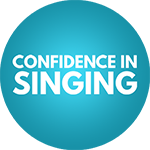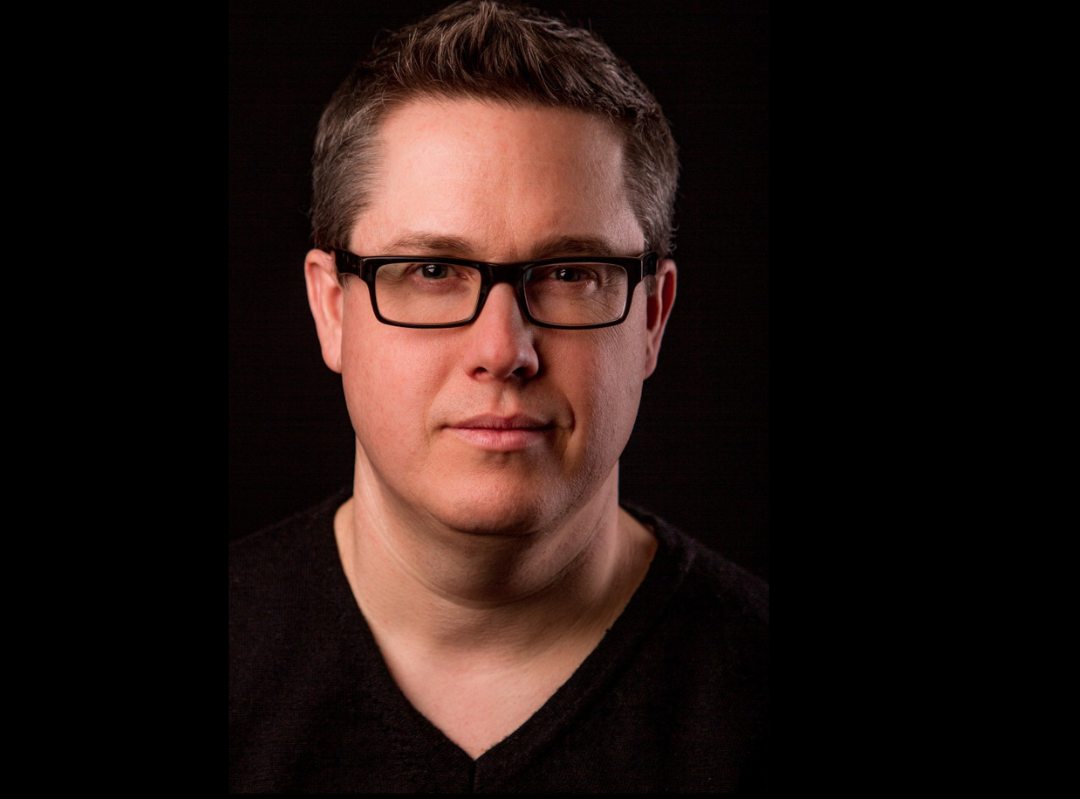Ron Long is an Edmonton, Canada based voice teacher and performer. He is the first and only Estill Master Trainer in Alberta, Canada. He regularly teaches Belting and pop Workshops and provides introductory courses for Estill Voice Work. He is also a Certified Yoga Teacher and is a Reiki Master. He completed a Master of Music from Southern Illinois University of Carbondale in Opera and Musical Theatre. He is a member of Equity, the Canadian actors union and has performed with Edmonton Opera in many roles. Ron teaches in his home in Edmonton. Ron’s students include chorus members of Edmonton Opera, local amateur musical theatre performers, other voice teachers and anyone interested in learning more about their voice.
Connect with Ron Long:

